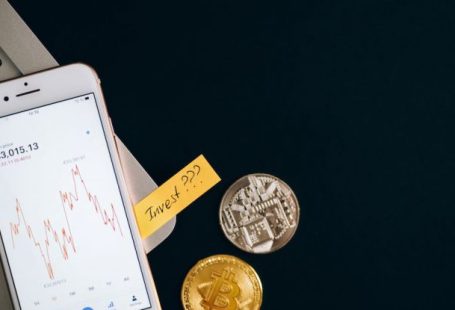In today’s rapidly evolving business landscape, the gig economy has emerged as a dominant force, reshaping the way people work and businesses operate. Defined by short-term, freelance or contract jobs over traditional full-time employment, the gig economy offers flexibility and autonomy for workers while providing cost-effective solutions for companies. However, as this trend continues to gain momentum, the question arises – what is the gig economy, and is it sustainable in the long run?
The Rise of the Gig Economy
The gig economy, also known as the on-demand or sharing economy, has experienced exponential growth in recent years, fueled by technological advancements and changing attitudes towards work. Platforms like Uber, Airbnb, and Upwork have revolutionized the way services are provided, connecting independent contractors with consumers in need of various tasks. From driving to coding, writing to dog walking, the gig economy encompasses a wide range of industries, offering opportunities for individuals to monetize their skills on a flexible schedule.
Benefits for Workers
One of the key attractions of the gig economy for workers is the freedom it provides. Freelancers have the flexibility to choose when, where, and how much they work, allowing them to balance their professional and personal lives according to their preferences. This autonomy is particularly appealing to millennials and Gen Z, who prioritize work-life balance and value experiences over traditional career paths. Additionally, the gig economy opens up opportunities for individuals to diversify their income streams and pursue multiple interests simultaneously.
Challenges for Workers
While the gig economy offers numerous benefits, it also poses challenges for workers. Freelancers often lack job security, employee benefits, and legal protections that come with traditional employment. Gig workers are responsible for their own taxes, healthcare, and retirement savings, adding to the financial burden of being self-employed. Additionally, the inconsistent nature of gig work can lead to income volatility, making it difficult for individuals to plan for the future or obtain loans. Moreover, the lack of social interaction and professional development opportunities in gig roles can contribute to feelings of isolation and stagnation.
Impact on Businesses
For businesses, the gig economy presents a cost-effective alternative to hiring full-time employees. Companies can tap into a global talent pool, accessing specialized skills on a project-by-project basis without the overhead costs associated with maintaining a permanent workforce. This flexibility enables organizations to scale up or down quickly in response to market demands, allowing them to remain agile and competitive in a rapidly changing environment. Moreover, the gig economy fosters innovation by bringing fresh perspectives and diverse expertise to the table, driving creativity and problem-solving within companies.
Sustainability of the Gig Economy
As the gig economy continues to grow, concerns have been raised about its long-term sustainability. The lack of benefits and protections for gig workers has sparked debates about labor rights and social welfare, with calls for greater regulation and accountability from platform companies. Additionally, the gig economy’s reliance on independent contractors raises questions about job security, income inequality, and the erosion of traditional employment relationships. Critics argue that the gig economy exacerbates precarious work conditions and undermines labor standards, leading to a race to the bottom in terms of wages and working conditions.
The Future of Work
Despite these challenges, the gig economy is unlikely to disappear anytime soon. The shift towards remote work, digital platforms, and project-based assignments is reshaping the future of work, creating new opportunities and challenges for individuals and businesses alike. As technology continues to advance and globalization accelerates, the gig economy is poised to play a significant role in shaping the way we work and interact in the years to come. To ensure the sustainability of the gig economy, policymakers, businesses, and workers must collaborate to address the inherent trade-offs and inequalities that come with this emerging paradigm.
In conclusion, while the gig economy offers unprecedented flexibility and opportunities for workers and businesses, its long-term sustainability hinges on addressing key issues related to labor rights, social protections, and income security. By fostering a balance between flexibility and stability, autonomy and accountability, the gig economy has the potential to drive innovation and prosperity in the future of work. As we navigate the complexities of this evolving landscape, it is essential to prioritize the well-being and rights of gig workers while harnessing the transformative potential of this dynamic and disruptive trend.





